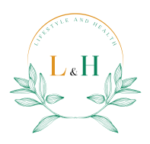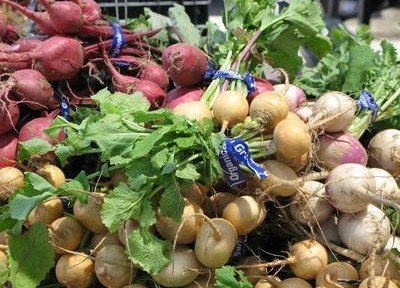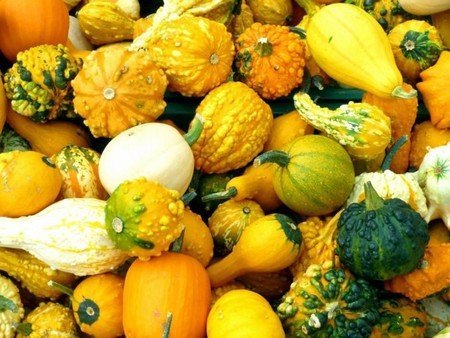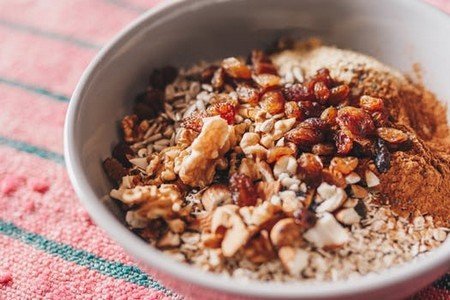Of course, you must have heard about the importance of iron and calcium in your daily diets but another component that is often missed is potassium. It is one of the vital minerals required by the body for proper and balanced functioning. The obvious question in your mind would be how does it benefit us? Read on to know the benefits of potassium as well as potassium-rich foods and fruits which can provide an adequate amount of potassium as per your body’s needs.
Benefits of potassium
Potassium is responsible for the proper functioning of the heart as well as the nervous system, kidney, and liver. It also helps in regulated blood flow and keeping away digestive issues. Also, regular intake of potassium aids in controlling the blood pressure levels in the body since it negates the excessive effects of sodium which absorbs water. Therefore, potassium helps to remove the excess water from the body. Potassium is also beneficial in toning the mid-waist area. Also, it reduces the risk of heart strokes by almost twenty-one percent thus helping to keep your heart.
Sources of potassium-rich foods and fruits
Potassium is a vital mineral needed by the body for a variety of processes. You should ensure that you include the following foods and fruits in your daily diet to have wholesome nutrition and keep the blood pressure under control. An adult needs approximately 4700 milligrams of potassium daily and having the following would help you to ensure the same.
Plant-based sources of potassium
Kidney Beans
Kidney beans commonly referred to as ‘rajma’ in India are a rich source of potassium and addresses almost thirty-five percent of our daily needs since every hundred grams contain almost 1200 mg of potassium. So, enjoy the rajma rice wholeheartedly since it is called the ‘kidney beans’ for good reason.
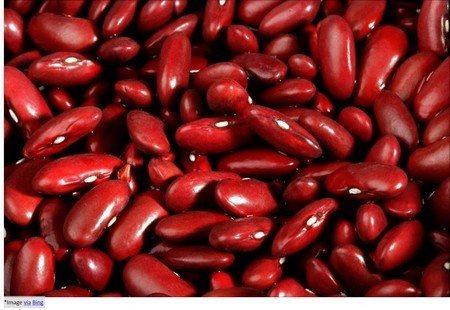
Nuts
Love the nuts? The good news is that they also supplement your daily intake of potassium. Every hundred grams of nuts such as pistachios, cashews, hazelnuts, and almonds contribute around 1000 mg of potassium to dietary requirements. So, munch on to the nuts, pistachios being the richest source!
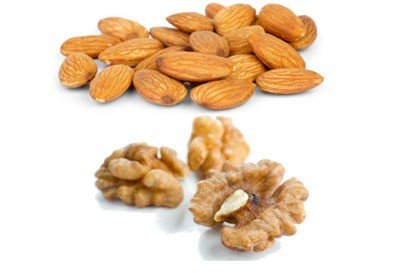
Bananas
Yes, the bright yellow fruit also contains potassium and therefore is considered a part of an ideal breakfast. You can have it as a whole or add it to the milk and cereals or have it in the form of a banana milkshake. No wonder, bananas are a favorite with the kids too!

Sweet Potatoes
Though seasonal, this vegetable is loved because of the various ways in which it can be cooked. Whether in the boiled form or stuffed or grilled or fried, the sweet potatoes can be had in a number of methods. Not to forget, a cup of these potatoes contributes almost 1000 mg of the mineral potassium to our body.

Chickpeas as potassium-rich food
Commonly known as ‘chana’ in India, the chickpeas are a great way to include potassium in your diet. You can enjoy them in a boiled form or add them to your salads. The spicy curry called Punjabi Chhole is a mouth-watering form to have your chickpeas!
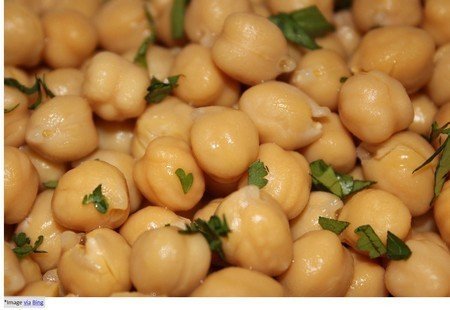
Tomatoes
Surprised? It is true. Tomatoes not just make your food tastier; they also provide the vital potassium content to your body. So, go ahead and include it in your salads and curries and grilled veggies. It is most effective when had in the form of juices or pastes. You can also opt for the traditional ‘chutney’ or sauce if you love cooking.
Avocado
Avocados are loaded with different nutrients. Only a half fruit provides 10% of your regular potassium requirements. They are also rich in folate and Vitamin K that help to lower your blood pressure.
Spinach
Spinach is one of the nutritious vegetables. One cup (156 gram) of frozen spinach has 540 mg of potassium. It also contains vitamin K and A as well as magnesium and folate.
Watermelon
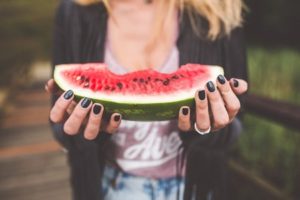
This delicious, large fruit has high water content. Just two wedges of watermelon provide you 640 mg of potassium. Additionally, this tasty, red melon is a great source of vitamin A and C, magnesium.
Coconut water
It is not only a fantastic hydrating drink but also a great source of potassium. One cup (240 ml) of coconut water contains 600 mg of the daily requirement of potassium. It is also rich in calcium, sodium, manganese. It becomes refreshing while served with ice after a workout.
Butternut squash
It is a great source of potassium. One cup (205 gm) of butternut squash provides you 582 mg of potassium. It is loaded with other nutrients like vitamins A, C, E, and magnesium.
Swiss chard
This nourishing dark green vegetable contains nutrients like vitamin K, A, fiber. Just a cup (178 grams) of cooked chard provides 961 mg.
Beet
Beets or beetroots are deep-purpled vegetables that when cooked contains 518 mg of potassium. They also contain folate and nitrates that support heart health.
Pomegranate
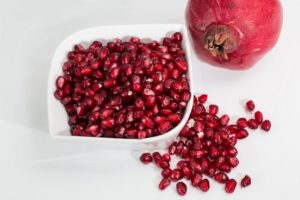
These are extremely healthy, multi seeded fruit. They are loaded with potassium as one fruit provides 666 mg. They also provide 11 grams of fiber that help indigestion. Additionally, they are packed with vitamins, K, folate.
Parsnips
They are a white root vegetable. One cup (156 grams) of this provides 572 mg of potassium. They also contain soluble fiber that reduces cholesterol levels.
Cucumbers
Cucumber is a great source of potassium. It is also rich in other nutrients like vitamin C; A. These also help in quick digestion.
Other foods rich in potassium
Fish

Though fishes may be best known for being a rich source of Omega 3 fatty acids, they are also a great source of potassium. Amongst varieties, trout, tuna, and codes are most popular for being protein-rich sources. So, fish lovers, include these varieties in your meal for a mineral treat.
Whole-wheat bread
This is another good source of different nutrients like protein, sodium. 1 slice of bread provides 71.1 mg of potassium.
Edamame
It is packed with nutrients like potassium, protein. One cup (155 grams) provides 676 mg of the regular need for potassium. They also contain manganese, vitamin K and magnesium.
Yogurt
One cup of yogurt (245 grams) provides 11% of the daily need for potassium. It also contains beneficial bacteria but avoids sugar to enjoy the benefits.
Clams
Clams are a great source of potassium. A 100-gram serving of clams offers 18% of the daily requirement of potassium. They are also rich in other nutrients like iron, vitamin B12, selenium.
Meat
Meat is a great source of potassium. Include meat in your diet if you want to avoid the deficiency of this nutrient.
Now that you know, do not deprive your system of potassium. Include the above sources of potassium-rich foods in your diet to stay healthy!
Related Post:
